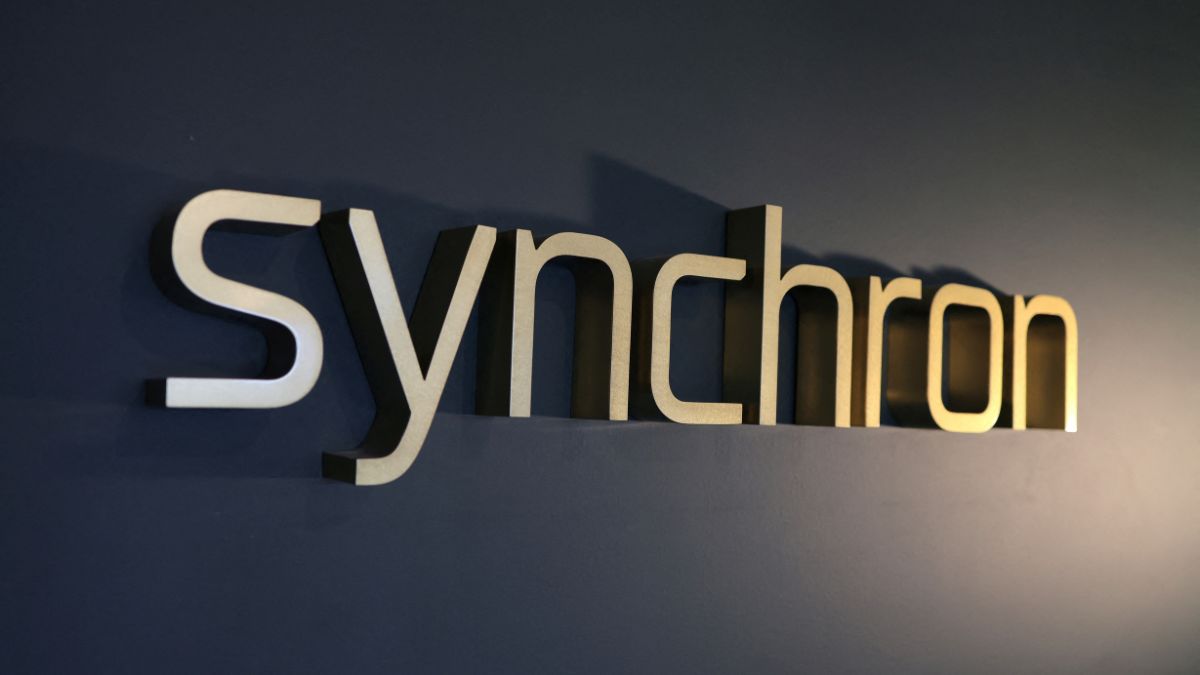Synchron, a neurotech startup, announced on Tuesday that its brain-computer interface (BCI) can now control Apple’s Vision Pro headset using only the user’s thoughts. This breakthrough is aimed at helping patients with limited physical mobility, such as those with paralysis, interact with technology more easily.
Synchron’s BCI is designed to enable individuals with severe physical disabilities to operate smartphones, computers, and other devices through mental commands. Currently implanted in ten patients across the U.S. and Australia, the technology still awaits broader commercialization approval from the U.S. Food and Drug Administration (FDA).
Apple’s Vision Pro, released earlier this year, typically relies on eye movements, voice commands, and hand gestures for control. Synchron has focused on integrating its BCI with the Vision Pro due to Apple’s strong iOS accessibility features, although the company plans to extend its technology to other headsets in the future.
Synchron CEO Thomas Oxley praised Apple’s support for the Vision Pro integration, highlighting the potential for BCIs to enhance accessibility within Apple’s ecosystem. Synchron’s BCI system, a significant player in the competitive BCI market alongside Paradromics, Precision Neuroscience, Blackrock Neurotech, and Elon Musk’s Neuralink, is unique in its non-invasive approach. The device is inserted through the jugular vein and positioned on the brain’s motor cortex, avoiding open-brain surgery.
A notable patient, identified as Mark, has been using the Vision Pro with Synchron’s BCI since August 2023. Diagnosed with amyotrophic lateral sclerosis (ALS), which progressively impairs muscle control, Mark has managed to use the Vision Pro for various activities, including sending texts, playing games, and exploring constellations. He has found the headset to be comfortable and effective, enhancing his sense of independence.
Synchron is preparing for a larger clinical study to expand its patient base and further refine the technology. Oxley emphasized that this development marks a significant step towards making digital technology more accessible to individuals with severe disabilities, representing a new therapeutic option for engagement with everyday technology.


